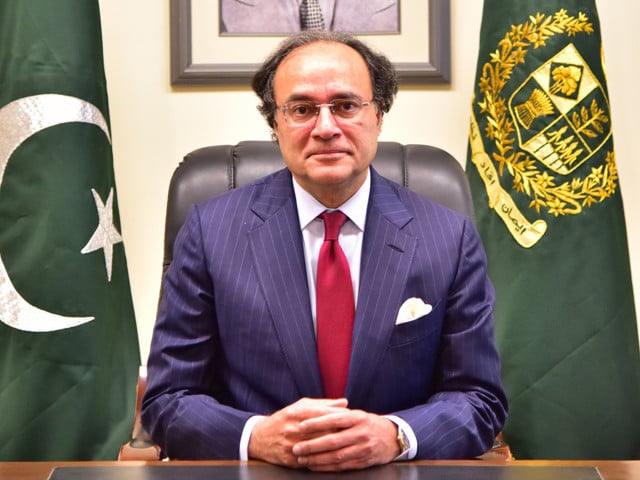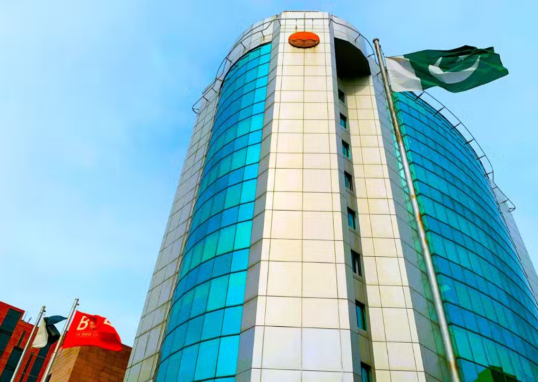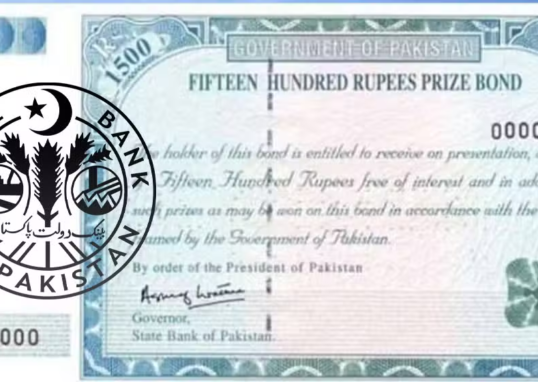
Economic Stability Through Reforms
Pakistan’s Minister for Finance, Muhammad Aurangzeb, has assured that the country is on course for economic growth, crediting strong fiscal policies and structural reforms.
Speaking at the AlUla Conference for Emerging Market Economies in Saudi Arabia, he noted that Pakistan’s economy is undergoing a significant transformation, with long-term policy measures ensuring sustainable development.
The finance minister participated in a panel discussion moderated by IMF Managing Director Kristalina Georgieva, where he detailed Pakistan’s economic restructuring plans.
Priority Areas for Economic Development
The government’s reform strategy focuses on three key sectors:
1. Taxation Overhaul
- Expanding the tax base to increase government revenue.
- Introducing simpler, more transparent tax policies.
2. Energy Sector Reforms
- Addressing circular debt and reducing inefficiencies.
- Encouraging private sector investment in energy production.
3. Export-Led Growth Strategy
- Promoting industrial growth and global trade partnerships.
- Ensuring sustainable foreign exchange reserves through higher exports.
Pakistan’s Economic Transition: A New Direction
Aurangzeb stated that Pakistan’s economic “DNA” is changing, with a clear shift towards exports and self-reliance.
This strategy aims to:
- Reduce dependency on foreign aid and loans.
- Strengthen local industries.
- Improve global economic standing.
World Bank Delegation Explores Investment in Pakistan
Separately, a nine-member World Bank Executive Directors delegation is currently in Pakistan to discuss:
- Ongoing infrastructure and economic projects.
- New investment opportunities across multiple industries.
The delegation is responsible for overseeing financial assistance programs in various countries and will play a crucial role in shaping future economic collaborations with Pakistan.






